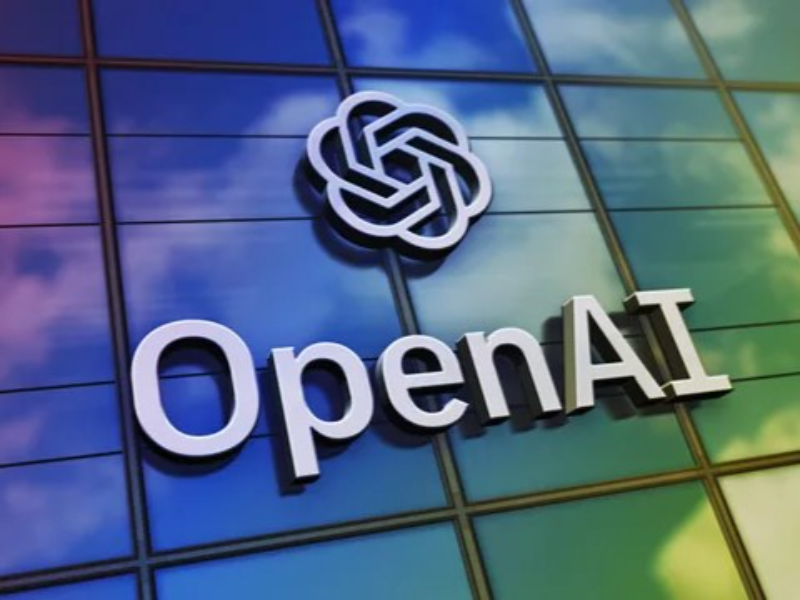- OpenAI co-founder Greg Brockman has rejoined the company in a key role.
- Brockman’s return could affect OpenAI’s technology strategy
What happened
Greg Brockman, co-founder of OpenAI, announced on Tuesday (November 12) in a post on X that he has returned to the artificial intelligence startup after stepping down from his role as president three months ago. In the post, Brockman wrote, “My longest vacation of my life is over. Time to go back to building @OpenAI.” An OpenAI spokesperson confirmed his return.
The news was first reported by Bloomberg, which stated that Brockman has been collaborating with CEO Sam Altman. OpenAI will create a new role for him to tackle some of the company’s “most critical technical challenges.”
Brockman’s return marks the latest change at OpenAI, which has seen several key departures in recent months. Former CTO Mira Murati, co-founder John Schulman, and co-founder Ilya Sutskever have all left the company. Murati and Sutskever have also gone on to launch their own AI startups.
Also read: What is OpenAI?
Also read: OpenAI co-founder Greg Brockman returns to ChatGPT maker
Also read: OpenAI to remove non-profit control and give Sam Altman equity
What it’s important
Greg Brockman’s return is not just an internal leadership change at OpenAI; it has also sparked profound implications across the broader AI and tech industries. As AI technology evolves and market competition intensifies, Brockman’s return may signal a strategic adjustment for OpenAI in the face of mounting competitive pressure. In recent months, competitors like Anthropic and Google DeepMind have expanded their influence in the AI space. For instance, Anthropic quickly attracted significant investment and industry attention with the launch of its Claude series of large language models. Meanwhile, Google DeepMind has been actively advancing in foundational research and AI ethics, creating unprecedented challenges for OpenAI.
In this context, Brockman’s return becomes especially significant. This is particularly true considering OpenAI’s efforts to accelerate product development, meet market demand, and address AI ethics issues. Brockman will not only help strengthen OpenAI’s technical research and development but may also play a crucial role in stabilizing the leadership and guiding the strategic direction. Unlike smaller startups such as Vicarious and Seegrid, which often face financial and resource constraints, OpenAI, as an industry giant, possesses a larger capital pool and technical resources, making the stability of its leadership even more critical.

